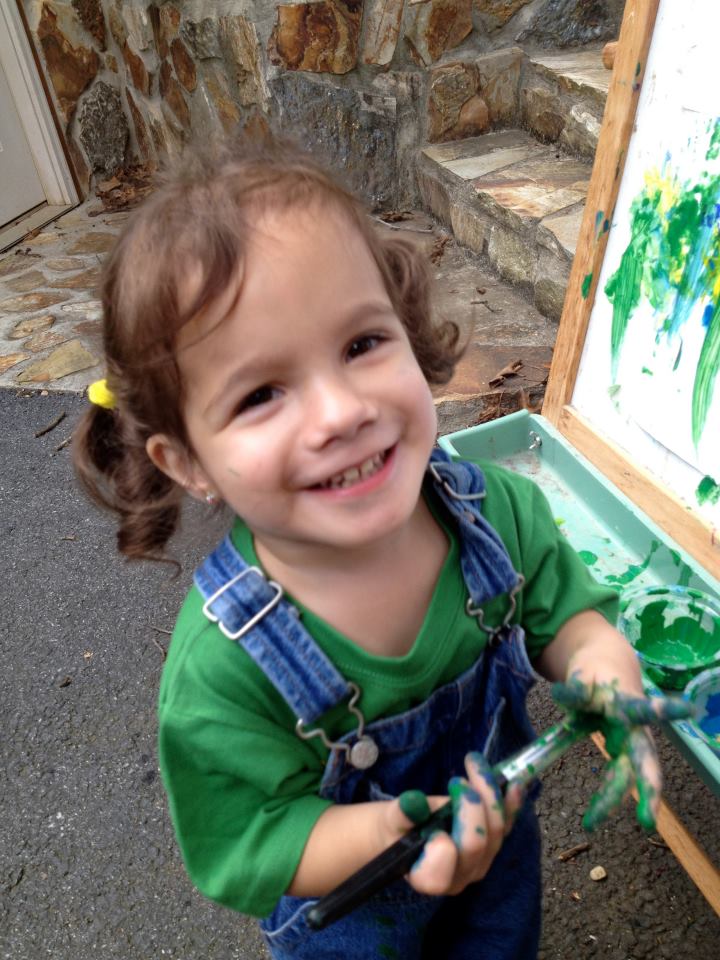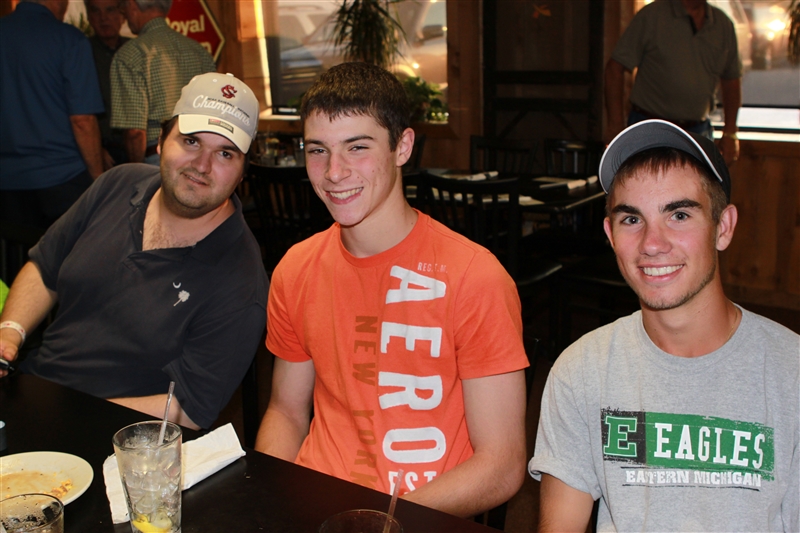Children who are not in the special education program may still have some special needs in the classroom. Teachers are often busy during the week before school starts and some parents have found it helpful to send a letter to the teacher, giving them more information about their child. This is often followed up by a meeting with the teacher after school has started. Parents from the CHASA mailing list will share their letters on this page. Please feel free to use these letters if you find them helpful.
Preschool teacher letter
1st grade teacher letter
10th grade teacher letter
11th grade teacher letter
Information for Teachers
Traumatic Brain Injury: A Guidebook for Educators
 Parents Speak
Parents Speak
A heartfelt letter to the teacher from Linda. Linda has a daughter who has left hemiplegia.
Imagine the following: for as long as you can remember, nearly everything you do is observed, evaluated, scored and categorized. All of the things that you are “good at” are put in one column. All of the things that “need work” are in another. This is not done just once; it is a life-long process.
Now imagine that all of the things you are good at, and perhaps even enjoy doing, are considered non-essential because “you can already do them”. Everything else, all the things which are difficult for you, that create stress or pain (either physical or emotional) becomes the major focus of nearly everything that goes on in your life.
This is in many ways the life of special needs child if they are lucky enough to be receiving “services” in the community and/or in the school setting. And as the parent of a disabled child, it feels on so many levels, the right way to go. Because we are afraid. We are afraid our children will not get what they need, what will help them most. That they will not be “ok”. So you go along with this pathologizing approach to parenting where your child is looked at as a set of challenges, problems or in nicer terms, goals to be met. And you see nearly everything in life as an opportunity to help, fix or improve the life your child lives, or even the child herself. There is an underlying sense of urgency and hypervigilance that surpasses that of typical parenting that can be crazy-making. You don’t buy a toy because it will be fun, you buy it because it will be “meaningful” or “therapeutic”. You don’t pick activities solely for the love of the thing, but also for the “benefits” it can bring.
And it is almost all focused on things that “need work.” Through it all you try to remain hopeful yet realistic about your child’s future, most of the time without any overt awareness that nearly your entire focus is on a half-empty glass. And the message that is covertly being communicated to your child is “if you were just less disabled things would be better around here”.
And in the midst of all of this, you are dealing with professionals who you desperately want to trust because you hope with all of your heart that they know more than you (way more). You want to keep them on your side because you fear any possible fallout toward your child. But you don’t want to hand over all of your control because you have had to give up so much control already. You spend your life trying to celebrate milestones which comes easily and naturally to other children, dealing with the irony that comes with the loss connected to that very celebration. Who else has to celebrate these simple little accomplishments? That hardly seems fair (Fair? What’s that?) But to not express gratitude seems even worse, and many people live in that place of being grateful for every little step. I admire them and sometimes can even be like them. But mostly what I am is tired. Tired of the struggles, the sadness, the pain, the constant thoughts and machinations that go into figuring out and finding what is best for my child.
So to those of you to whom I entrust my precious child, I ask this: Please be patient. See the child, not the list of “issues”. Trust that I know my child better than you even though I may not know what you know about how to help her. Do YOUR homework. Find out more about my specific child and her needs than just any special needs child. If she has a diagnosis, read about it, learn the best ways to help her, don’t try to fit her into what you assume, what you have done before or what you may think is best. Ten years into your career, please don’t assume that things are still done the same way; stay current. Our knowledge-base is constantly developing; things that were a given when you were in school may be seen completely differently at this point. Understand that I know you want the best for her but partner with me about how to accomplish that. Don’t tell me what we are doing, discuss it with me. Honor my input. Don’t label my child or me based on limited information. If we have a difficult interaction or even several of them, understand that no matter how fierce I may appear, or how timid, or whatever, I want the best for my child. And I spend more time and energy on taking care of her and trying to make sure others do, than you can ever, ever imagine. And please work with us from a place of caring and compassion, not just “what the district” offers, says, does, or requires. I don’t care what the district says. I only care about what my child needs. If you try to see everything from that perspective, we will probably get along just fine. Oh, and don’t feel pressure to be “the one” who will figure everything out and make it all better. That isn’t going to happen – this is a complex, lifelong journey and it is minimizing to think any one person is going to wave a magic wand or find a perfect plan without a REAL team approach.
Parenting a special needs child is the hardest thing I have ever had to do. Trying to do it without the support and understanding of the people educating her has caused tremendous pain. Doing it with that support and understanding impacts not only her schooling, but her entire life–and the life of our entire family. If you have any questions, ask me. If I have any questions, please let me know I am welcome to ask them. And finally, I would ask that you do two things: take this very seriously – there is a life at stake. And at the same time, for the same reason, lead with your heart.







